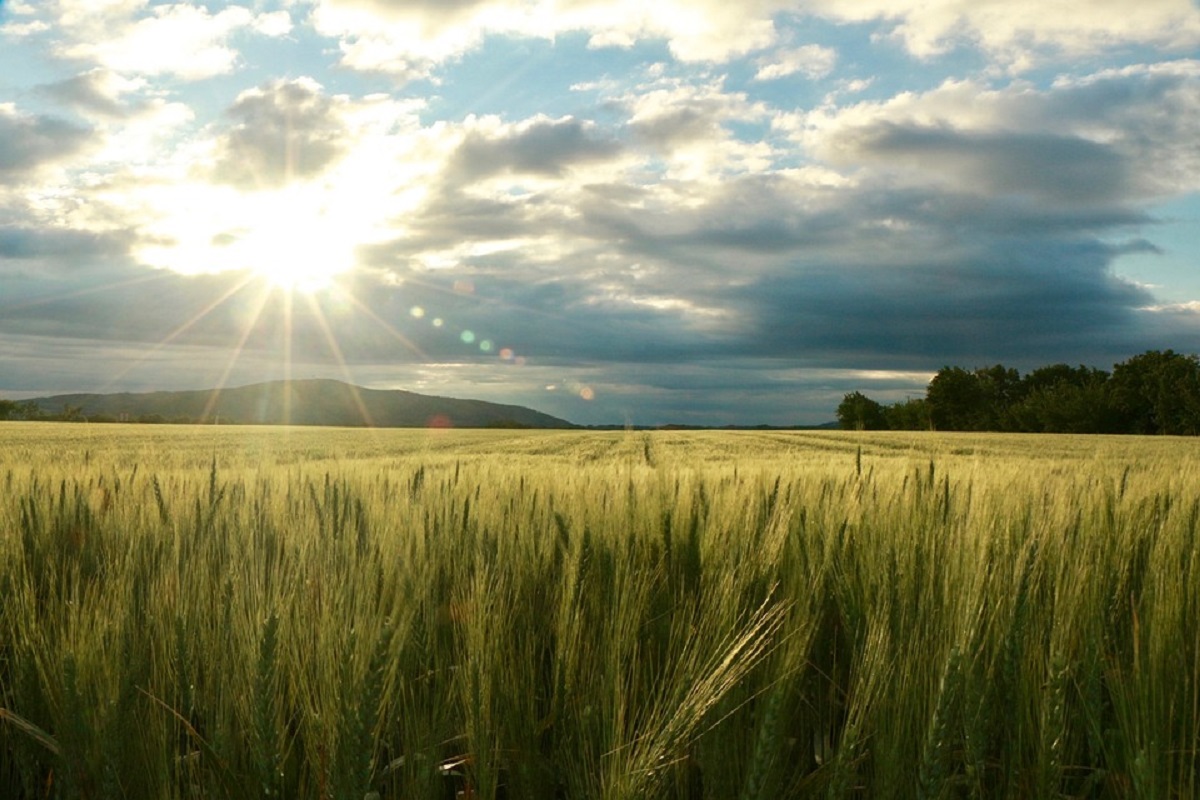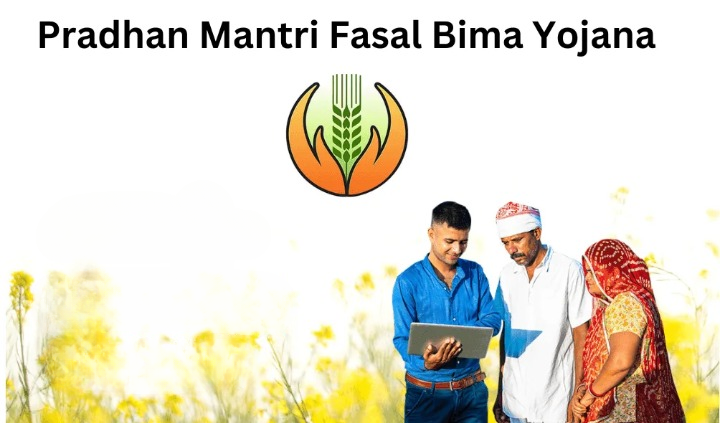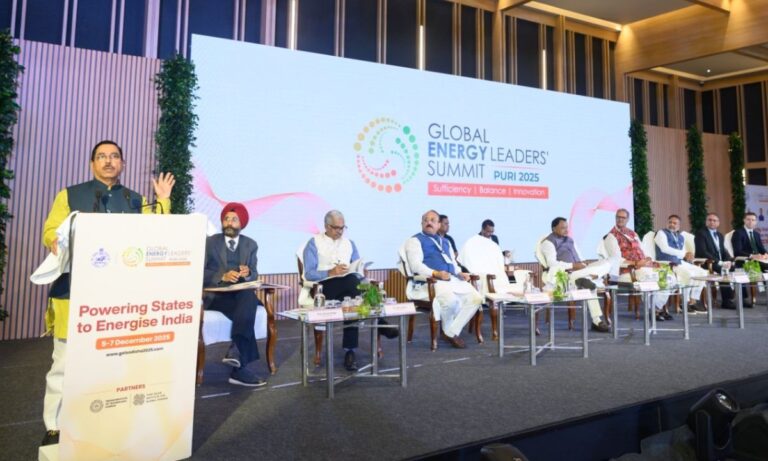
The intense heatwave sweeping across north India has confined many to their homes, but agriculture remains vulnerable to this extreme weather phenomenon. Experts warn that without sustainable, long-term solutions, the sector’s survival is at risk.
Heat Stress Impacting Crop Yields
The agricultural sector is experiencing significant stress due to rising temperatures. Heat stress in crops impedes growth and drastically reduces yields. Wheat, a staple crop, has been particularly affected. The premature maturation of wheat crops has led to yield reductions between 15-25%. The 2022-23 period saw extreme weather events, including heatwaves, impacting around 831,269 hectares of crops across 16 states and Union territories. An intense heatwave in 2022 forced the government to revise its wheat production estimates from 111.32 million tonnes to approximately 105 million tonnes.
Marginal Farmers at Greater Risk
Marginal farmers, who dominate the agricultural sector, face severe challenges due to their limited financial resources and lack of insurance coverage or risk mitigation strategies. These vulnerabilities make them particularly susceptible to the devastating effects of heatwaves.
Expert Recommendations for Mitigating Heatwave Effects
To support farmers during these challenging times, experts recommend several measures:
- Water Management: Sanjiv Kanwar, Managing Director of Yara South Asia, advises watering plants in the mornings or evenings to reduce evaporation. Techniques like mulching can help preserve soil moisture, while drip irrigation and organic materials like compost enhance water storage capacity and soil structure.
- Nutrient Management: Kanwar also highlights the importance of addressing nutrient deficiencies caused by heatwaves. Using balanced fertilisers with increased potassium, phosphorus, and calcium promotes root formation, blooming, and fruiting while reducing heat damage. Fertilisers should be applied in split doses to prevent nutrient leaching during heavy rains or over-irrigation.
- Protective Measures: Providing temporary shade to young seedlings, using heat-tolerant crop varieties, and adjusting agronomic practices based on weather conditions are crucial for protecting crops from extreme temperatures.
Sustainable Practices for Long-Term Resilience
The agricultural sector contributes nearly 15% to India’s GDP and is essential for the country’s economic development. In 2022-23, agricultural exports reached $53.1 billion, underscoring the sector’s economic significance. Experts emphasize that sustainable farming practices are key to overcoming the challenges posed by heatwaves.
Maninder Singh, Founder & CEO of CEF Group, advocates for the use of organic manure to enhance soil and water retention capabilities, making crops more resilient to extreme temperatures. He also recommends water retention techniques such as mulching and drip irrigation to minimize water wastage and ensure consistent moisture levels for crops.
Crop Rotation and Intercropping for Soil Health
Implementing crop rotation and intercropping methods can increase biodiversity and soil fertility, further strengthening crops against harsh climatic conditions. Although these measures may initially seem costly, Singh asserts that the long-term benefits of healthier, more robust crops will outweigh the investments.
“By prioritising sustainable practices, we not only protect our crops from heatwaves but also ensure the long-term viability and profitability of our agricultural operations,” Singh adds.
A Holistic Approach to Agricultural Resilience
Addressing the challenges posed by heatwaves requires a comprehensive approach rooted in sustainable farming practices. By adopting these strategies, farmers can safeguard their crops and ensure the agriculture sector’s resilience and productivity in the face of escalating climate challenges.






